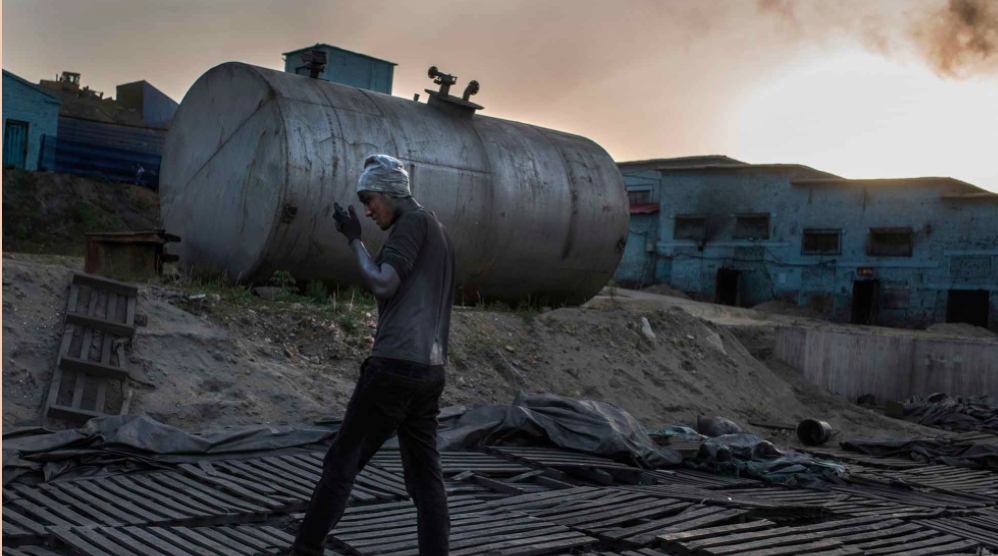JESSICA LEGASPI WRITES–On October 3rd, The Washington Post released an exposé entitled “In Your Phone, in their Air,” on Chinese villagers suffocating on the pollution produced by neighboring graphite plants, resulting in the industry falling under strict scrutiny.
The exposé was written by Washington Post writer, Peter Whoriskey, and was rife with interviews from villagers distressed by their dust-blanketed-crops, undrinkable red groundwater, laboring lungs, and especially the government’s deaf ear.
Asia Media contacted Peter Whoriskey for an interview to discuss his inspiration for this subject and his experience with these Chinese villagers:
What was the origin of the graphite story? What put it on your radar?
The simple answer is: my editor, David Cho, told me to look into it. He’d been thinking about a series regarding lithium ion batteries, in particular the origins of the cobalt and other materials that are being used to make them. The first part of our series dealt with the origins of cobalt, the second piece with graphite. We hope to have other stories in the series as well.
How did Chinese government officials help or hurt your reporting out the story? When it became clear you weren’t doing a puff piece, did things get harder?
It became very clear in our interviews with people in the villages near the graphite factories that some were reluctant to criticize the factories out of fear that the criticism would anger village officials as well as the companies. This was the most significant effect the government appeared to have on the reporting.
One other thing: At one point, the provincial officials in Heilongjiang asked us to suspend our reporting – they say we needed more permissions to continue – but after a few hours they relented.
How has local media handled the environment and pollution as a topic?
There have been a few small stories in the Chinese media about pollution from graphite producers. In fact, there was a piece about the pollution from graphite factories that ran on CCTV, and it was fairly critical of the industry. These pieces did not closely tie these factories to products in the West, however.
What impact can an expose like this realistically have on the situation?
I am unqualified to comment about what direct effects it might have on China. But the stories we have run so far have led some of the consumer companies that have relied on supplies from China – Apple, Samsung, car-makers, battery-makers – to investigate their supply chains and ask for improvements where necessary. Panasonic, for example, one of the largest battery-makers, said it has corrected problems.
Less tangibly, I suspect the stories will have an impact because the companies know the public cares – the stories got a very strong response from readers. And while the companies could make environmental promises before, now they know journalists are looking carefully at the effects of their supply chains around the world.

